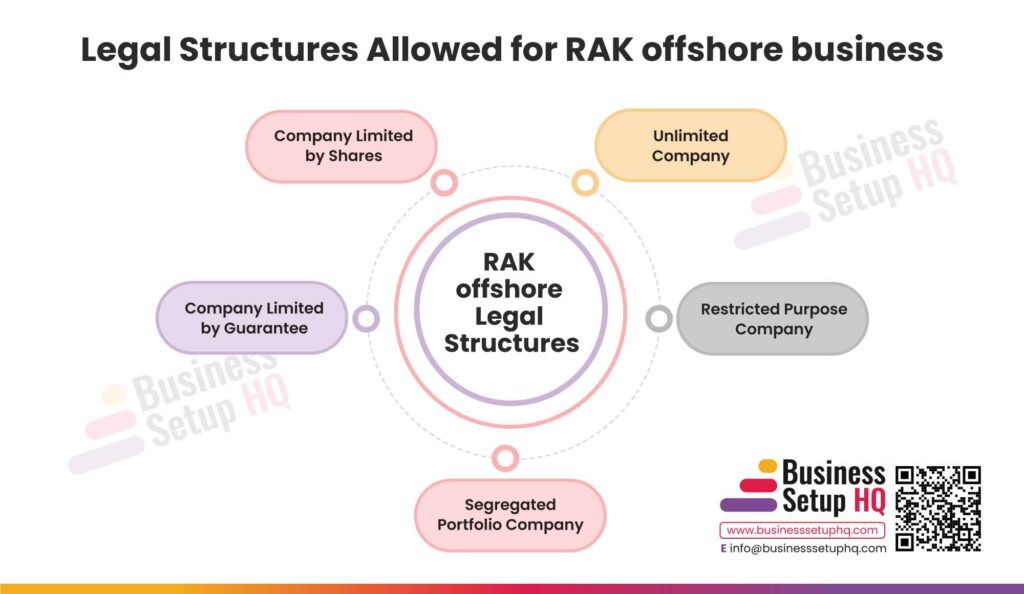Explore Global Opportunities Using Offshore Business Formation for More Savings
Explore Global Opportunities Using Offshore Business Formation for More Savings
Blog Article
A Comprehensive Guide to Navigating Offshore Company Formation Effectively
In the realm of worldwide entrepreneurship, creating an overseas service provides both complex challenges and special opportunities. As potential financiers navigate via the intricacies of lawful and regulatory structures, recognizing the nuances of each can make a substantial difference in the successful establishment and durability of an overseas entity.
Selecting the Ideal Offshore Jurisdiction
When choosing an overseas territory for company development, a number of crucial factors need to be considered to ensure legal compliance and functional performance. Taxation policies are critical; some territories supply low or no tax rates, which can be highly helpful commercial retention. One have to likewise assess the political stability of the area to prevent potential risks that might affect business procedures adversely.
Furthermore, the credibility of the jurisdiction can significantly influence the assumption of business globally. Selecting a territory with a solid regulatory reputation may assist in smoother organization relationships and financial transactions around the world. Furthermore, the convenience of doing service, consisting of the simpleness of the registration procedure and the accessibility of skilled neighborhood services, must be assessed to ensure that the functional requirements are supported successfully.
Recognizing Governing and lawful Frameworks

Lawful frameworks in offshore territories are typically developed to draw in international financial investment through monetary incentives such as low tax prices and streamlined reporting procedures. However, these benefits can include rigid laws focused on avoiding money laundering and monetary fraud. Investors must browse these legislations very carefully to prevent lawful risks.


Establishing Your Offshore Company Structure
After recognizing the legal and governing frameworks required for overseas organization operations, the following critical action is to establish the appropriate company framework. Usual frameworks consist of International Service Corporations (IBCs), Limited Obligation Firms (LLCs), and collaborations.
Picking the best jurisdiction is similarly vital. Factors such as political stability, lawful system, and worldwide connections must be taken into consideration to ensure a secure and useful setting for the company. Popular locations like browse around this site the Cayman Islands, Bermuda, and Luxembourg use varied benefits customized to different service requirements, including robust legal systems and desirable regulatory landscapes.
Eventually, lining up the organization structure with critical company goals and the selected territory's offerings is essential for maximizing the advantages of overseas consolidation.
Taking Care Of Compliance and Tax in Offshore Workflow
Taking care of conformity and taxes is a vital element of maintaining an overseas business. Offshore Business Formation. Guaranteeing adherence to the regulations of the host country, along with global requirements, can alleviate legal dangers and boost operational legitimacy. Offshore companies should stay informed concerning the tax responsibilities and reporting requirements in their selected territory. This includes comprehending the ramifications of double taxes arrangements and determining whether business certifies for any type of exemptions or motivations.
Entrepreneur ought to likewise invest in durable compliance programs that include routine audits and employee training to copyright company administration. Engaging with lawful and financial specialists that specialize in global organization legislation can offer very useful advice and help navigate the complexities of cross-border tax. These professionals can help in establishing up reliable tax obligation structures that line up with global methods while maximizing monetary obligations.
Ultimately, persistent monitoring of conformity and taxes is essential for guaranteeing the long-term success and sustainability of an offshore venture.
Conclusion
Finally, the successful formation of an overseas company rest on cautious consideration of territory, legal additional hints compliance, and the ideal company structure. By carefully selecting a secure and positive try here environment, understanding and sticking to legal structures, and handling continuous conformity and taxation, businesses can establish themselves efficiently on the global stage. This strategic strategy ensures not only functional legitimacy however likewise places the business for lasting development and long-lasting success in the global market.

Report this page